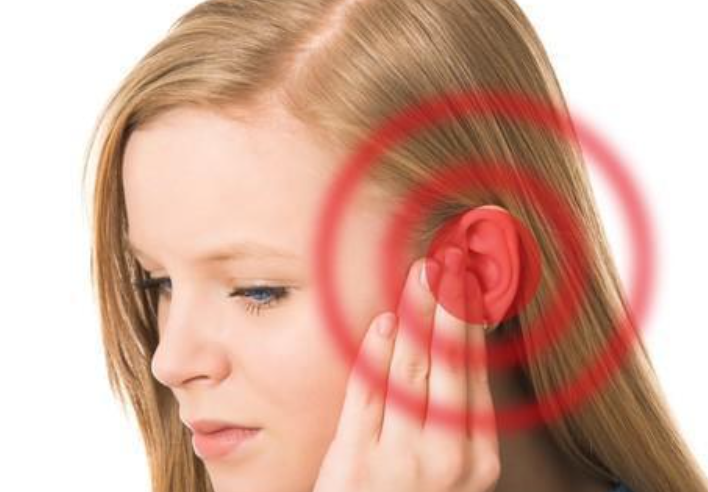
Noise is one of the sounds that accompany our life in the daily environment.
In the "Burden of Disease caused by noise pollution" report released by the World Health Organization, noise hazard is listed as the second killer of human public health after air pollution. Being in the environment of noise pollution for a long time will cause people to have many problems such as emotions, sleep and health.
However, hearing noise produces excessive and extreme emotions, which may be the performance characteristics of misophonia.
When subjected to a certain sound stimulation, for some misophonia patients, they will feel that the sound has an abnormal sense of amplification, and then appear physical or psychological discomfort.
What is the definition of noise?
It is difficult to quantify noise in terms of concrete numbers, so it makes sense to define noise as "sounds that do not make sense to us are noise."
But in fact, the definition of noise should be combined with the surrounding environment and the time of occurrence. The same sound may be noise in one environment, but not in another.
In general, we still generally believe that the sound above 50dB, disorderly and disorderly, which makes the human body produce obvious discomfort is noise.
What is low frequency noise? What are the common low frequency noises?
There are two dimensions to evaluating sound. One is the loudness of a sound, like whether it's loud or low. The other is the range of sound frequencies.
Because sound has a certain frequency specificity, low-frequency sounds in life actually correspond to a relatively low range of vocal frequencies.
Sounds in the range of 20Hz to 200Hz are generally considered to be low-frequency sounds, which give people a low feeling.
In contrast, the sound in the range of 500Hz to 2000Hz is the mid-frequency sound, which is the frequency segment in which we speak everyday.
Sounds in the frequency range above 2000Hz and up to 16,000 Hz are high frequency sounds, which are similar to cicadas or more high-pitched sounds.
Low-frequency noise is often ignored, such as the noise we often hear outside the air conditioner, the buzz of household appliances when starting, the running sound of the elevator, the charging pile of the electric vehicle and the sound of the charging electrical appliances when working, are all sources of low-frequency noise in life.
What are the effects of prolonged exposure to noise?
First, noise causes a lot of emotional and physical discomfort.
If most people are in the noise environment for a long time, they will have anxiety, irritability, anger and other emotional problems; In terms of sleep, insomnia may occur.
Secondly, the human body is in a bad mood for a long time, will produce negative problems, the most common is cardiovascular and cerebrovascular problems.
Exposure to noise for a long time may lead to increased blood pressure, which, coupled with changes in sleep structure caused by noise, will cause unstable blood pressure.
Relevant data show that for every decibel increase in ambient noise, the incidence of high blood pressure in the population will increase by 3%.

